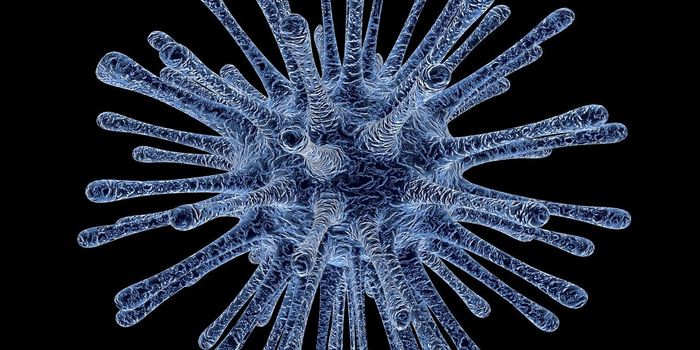Genetic Mutations Linked to Child Nephrotic Syndrome Identified
Many children with a genetic disorder that predisposes them to kidney disease have to receive a kidney transplant before their 18th birthday. In a new study from the Federal University of São Paulo, scientists aimed to elucidate the genetic mutations responsible, hoping to improve diagnosis and treatment for these children.
Childhood nephrotic syndrome is characterized by multiple symptoms that all lead to kidney disease: protein in the urine, swelling all over the body, high fat and high cholesterol levels in the blood. It is the second most common cause of chronic kidney disease for children, which is treated with corticosteroids. But for 15 percent of children with childhood nephrotic syndrome, corticosteroids have no effect.
Resistance to steroid treatment is sometimes genetic, and it results in chronic or end-stage kidney failure. At this point, dialysis or kidney transplantation is the only solution. Unfortunately, for 40 percent of children who receive a transplant, relapse and renal graft loss is common. And relapse is nearly inevitable with a second kidney transplant.
"The percentage may not seem high, but the consequences can be devastating,” described first author Luciana Feltran. Many of the children who relapse after a kidney transplant ultimately rely on dialysis to survive.
Dialysis is a treatment for end-stage kidney failure that removes waste, salt, and extra water from the blood when the kidneys can’t do it on their own. Dialysis also helps control blood pressure. Kidney disease patients need dialysis when they reach 85-90 percent of kidney failure.
The objective of the new study was to pinpoint specific genes that confer resistance to steroid treatments for childhood nephrotic syndrome patients. With this information, researchers could provide a new foundation for improving diagnosis and treatment for the 15 percent of children with nephrotic syndrome who don’t respond to treatment.
Researchers tooks samples from 95 end-stage renal disease patients who had nephrotic syndrome. All patients had received a kidney transplant before reaching 19 years old. Using next-generation sequencing, researchers analyzed 24 genes associated with nephrotic syndrome.
This analysis resulted in the identification of 149 genetic variants in 22 of the genes, 5 of which were labeled pathogenic and 20 likely pathogenic. The other 124 were either benign or likely benign. A gene called NPHS2 was most commonly mutated. Lastly, they found that nephrotic syndrome was of genetic origin or probably of genetic origin for 13 patients.
Going forward, scientists want to use this information to understand how each individual patients respond or don’t respond to drugs because of their genetic profile to improve diagnostic and treatment methods.
The present study was published in the journal Transplantation.
Sources: National Kidney Foundation, National Institute of Diabetes and Digestive and Kidney Diseases, Federal University of São Paulo









